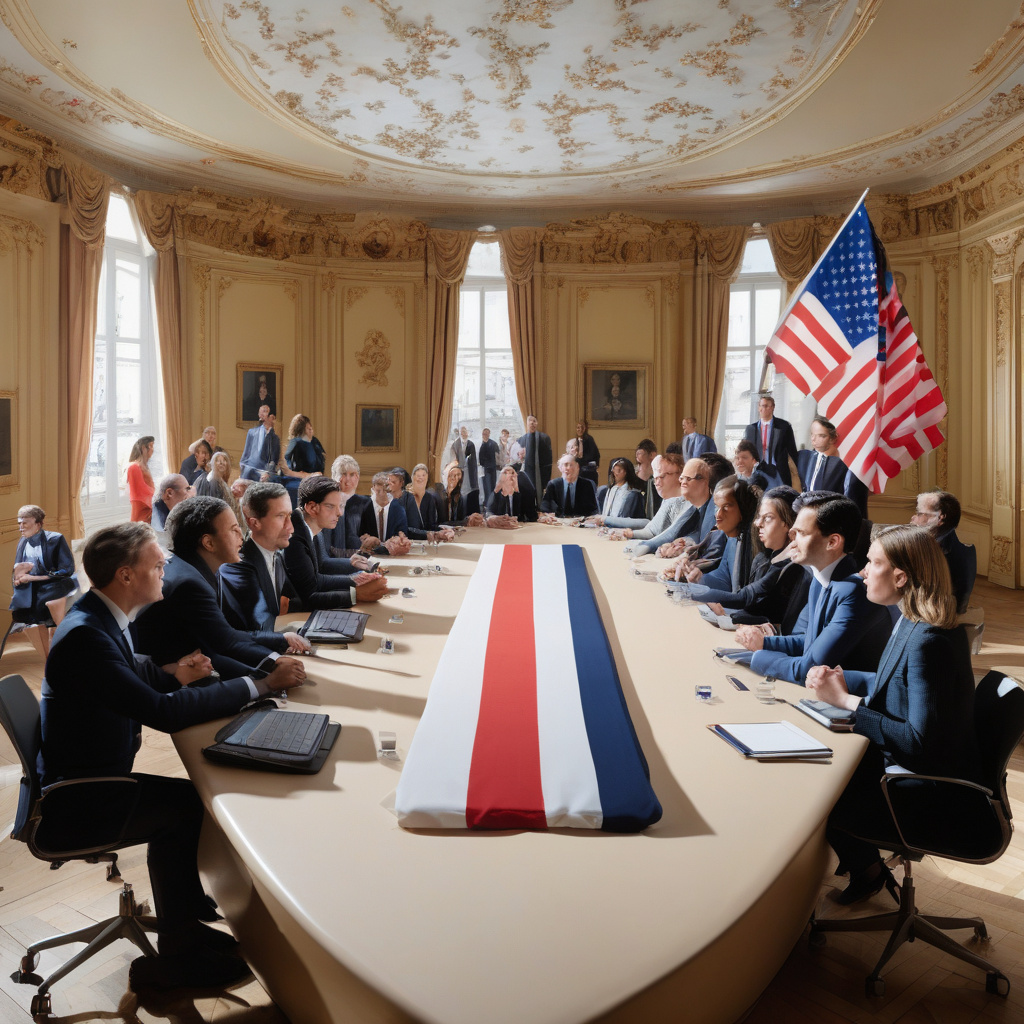The recent Paris AI Action Summit has stirred up quite a storm, with the US and UK opting out of signing a crucial accord on sustainable artificial intelligence. While 58 other countries, including China and India, embraced the “Statement on Inclusive and Sustainable Artificial Intelligence for People and the Planet,” the US and UK remained on the sidelines. This move reflects a divergence in priorities and approaches towards AI governance and sustainability.
The summit’s statement outlined six key priorities, focusing on accessibility, inclusivity, transparency, ethics, and sustainability in AI development. However, the US’s refusal to sign the accord stems from concerns over inclusivity, safety, and sustainability. Vice President JD Vance emphasized the importance of reliable power and high-quality semiconductors for the AI industry’s growth, hinting at differing approaches to energy sources and industrial policies between regions.
Moreover, discussions on international AI governance and regulations are likely to intensify. While the EU has enacted the AI Act, aiming to streamline compliance, the US remains wary of excessive regulations stifling AI innovation. Vance advocated for pro-growth policies and emphasized the need for deregulation to foster a transformative AI industry.
On the other side of the Atlantic, the UK government cited concerns about global governance and national security as reasons for its non-participation in the Paris summit declaration. These diverging stances from major players underscore the complexities and challenges in aligning global AI policies and frameworks.
Vance’s “America first” stance highlights the US administration’s commitment to maintaining American AI superiority and safeguarding technology from misuse by authoritarian regimes. This protectionist approach reflects a broader geopolitical strategy to secure US technological dominance and prevent adversarial access to advanced AI capabilities.
The massive investments in AI infrastructure by both the US and the EU signal a growing competition for technological leadership. While the US unveiled Project Stargate with a $500 billion investment plan, the EU pledged €200 billion for AI development. These substantial funding commitments underscore the strategic importance of AI in shaping future economic competitiveness and innovation.
In conclusion, the rift created by the US and UK’s refusal to sign the Paris AI accord sheds light on the divergent approaches to AI governance, sustainability, and international cooperation. As the global AI landscape evolves, navigating these contrasting perspectives and priorities will be crucial in shaping a cohesive and inclusive AI ecosystem for the future.

